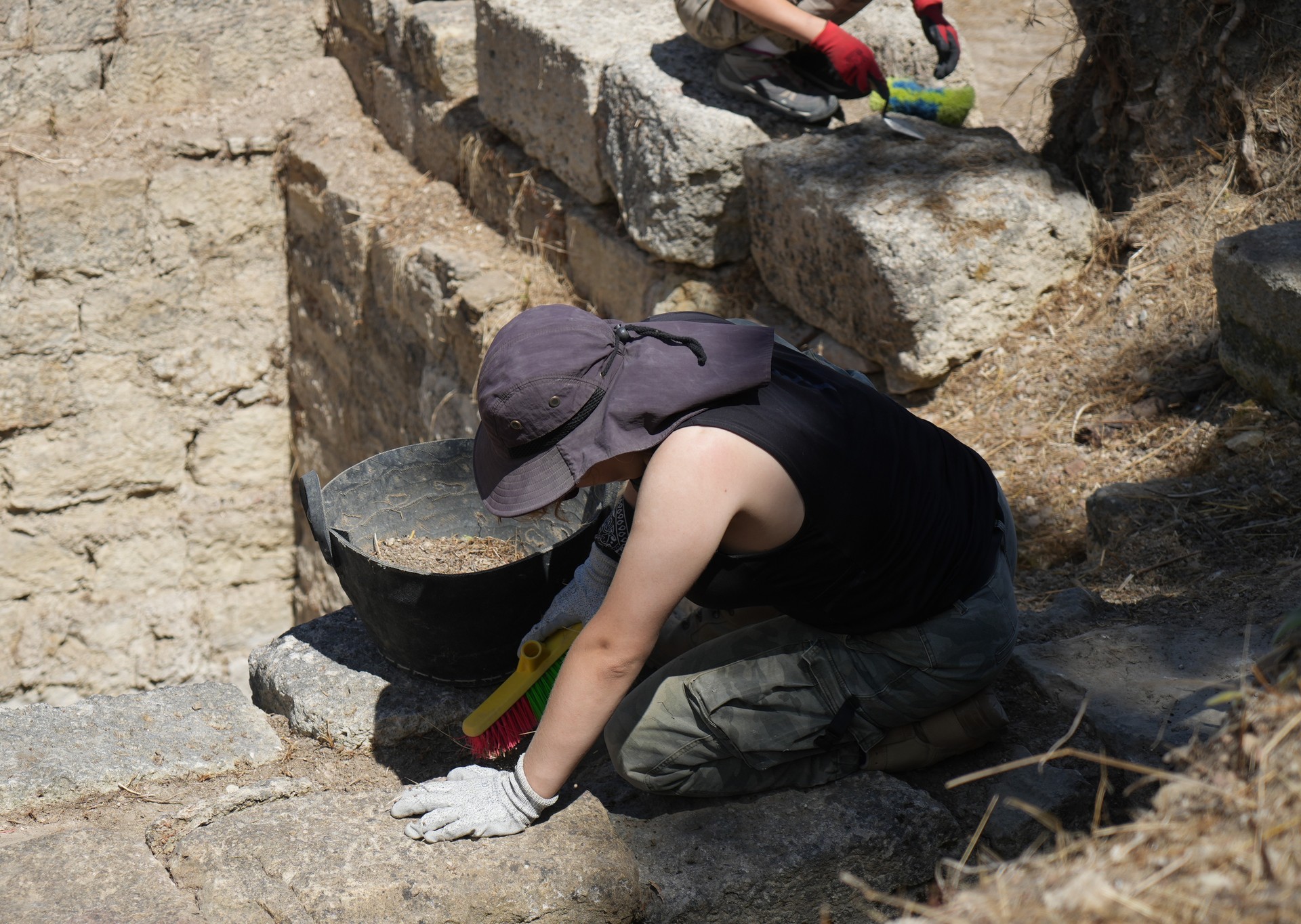
Archaeologists have uncovered the oldest known wine production facility in Thrace, located in the ancient city of Bathonea, within the Kucukcekmece Lake Basin. The ongoing excavations, which began with surface surveys in 2007, continue to reveal interesting findings about this once-thriving hub.
The excavations, conducted by the Ministry of Culture and Tourism and the Archaeology Department of Kocaeli University, have led to significant discoveries. Among these is a section of the ancient city dating back to the ninth and 11th centuries A.D., identified as a facility for producing either wine or olive oil.
Featuring a marble basin, grape-crushing area, filtration pits and numerous amphora fragments, the facility stands as the oldest known production site in Thrace. The wine produced here was traded across regions, reaching the Aegean and Mediterranean areas.
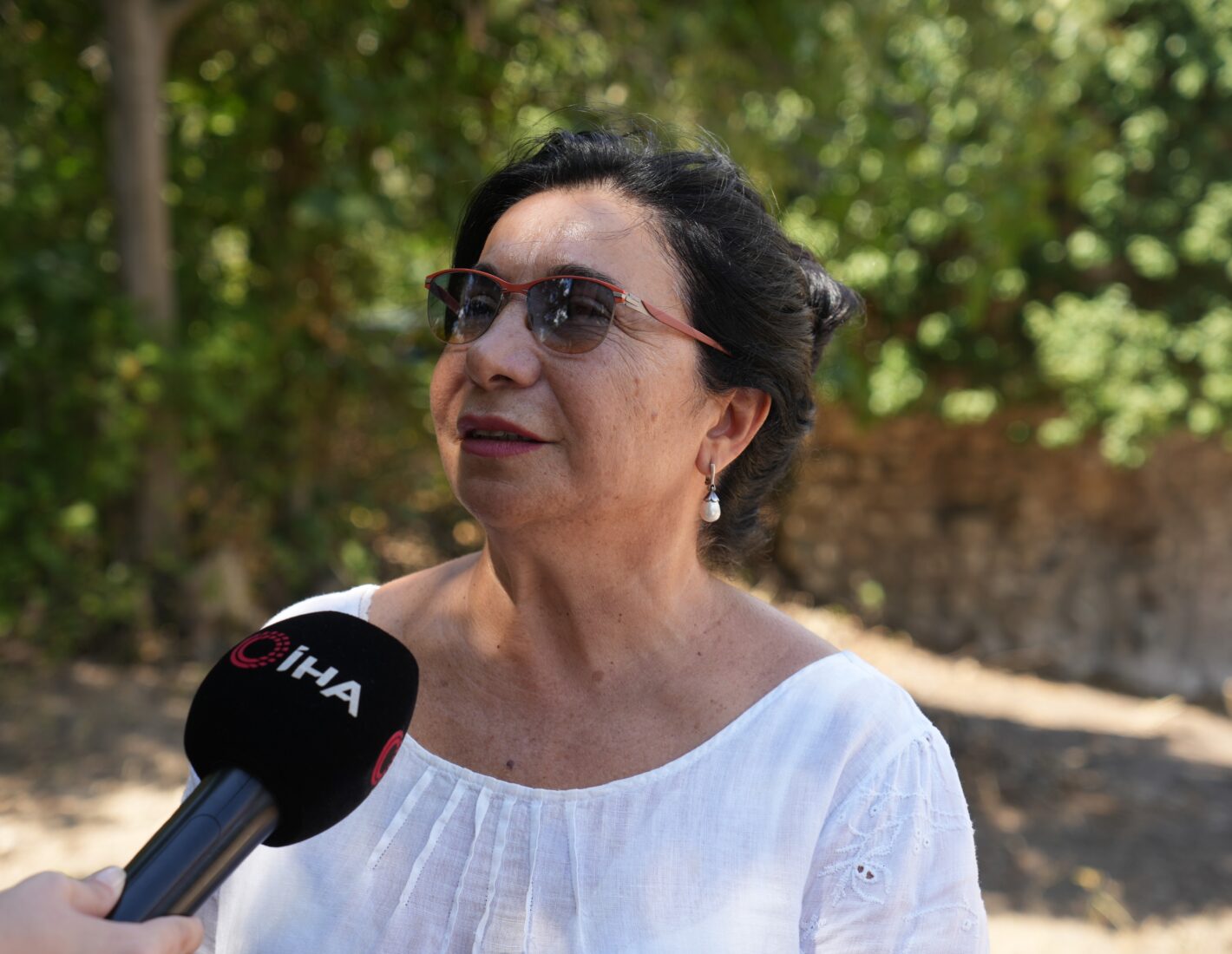
Since 2022, the Bathonea excavations have been supported by Mercedes-Benz Turk. Hurriyet News from Türkiye visited the site this year to observe the latest findings, accompanied by excavation director professor Sengul Aydingun and site archaeologist Ayberk Enez.
Surrounded by high-rise residential developments visible from afar, Bathonea remains a unique archaeological oasis, though not without challenges. The visible construction cranes resemble alien machines poised to dominate the landscape, threatening the preservation of this ancient site. Bathonea, with its two ancient harbors and long-preserved settlements, has safeguarded thousands of years of history.
Excavations in the area have revealed traces of two ancient harbors and a submerged lighthouse within the lake. The significance of these findings has not gone unnoticed.
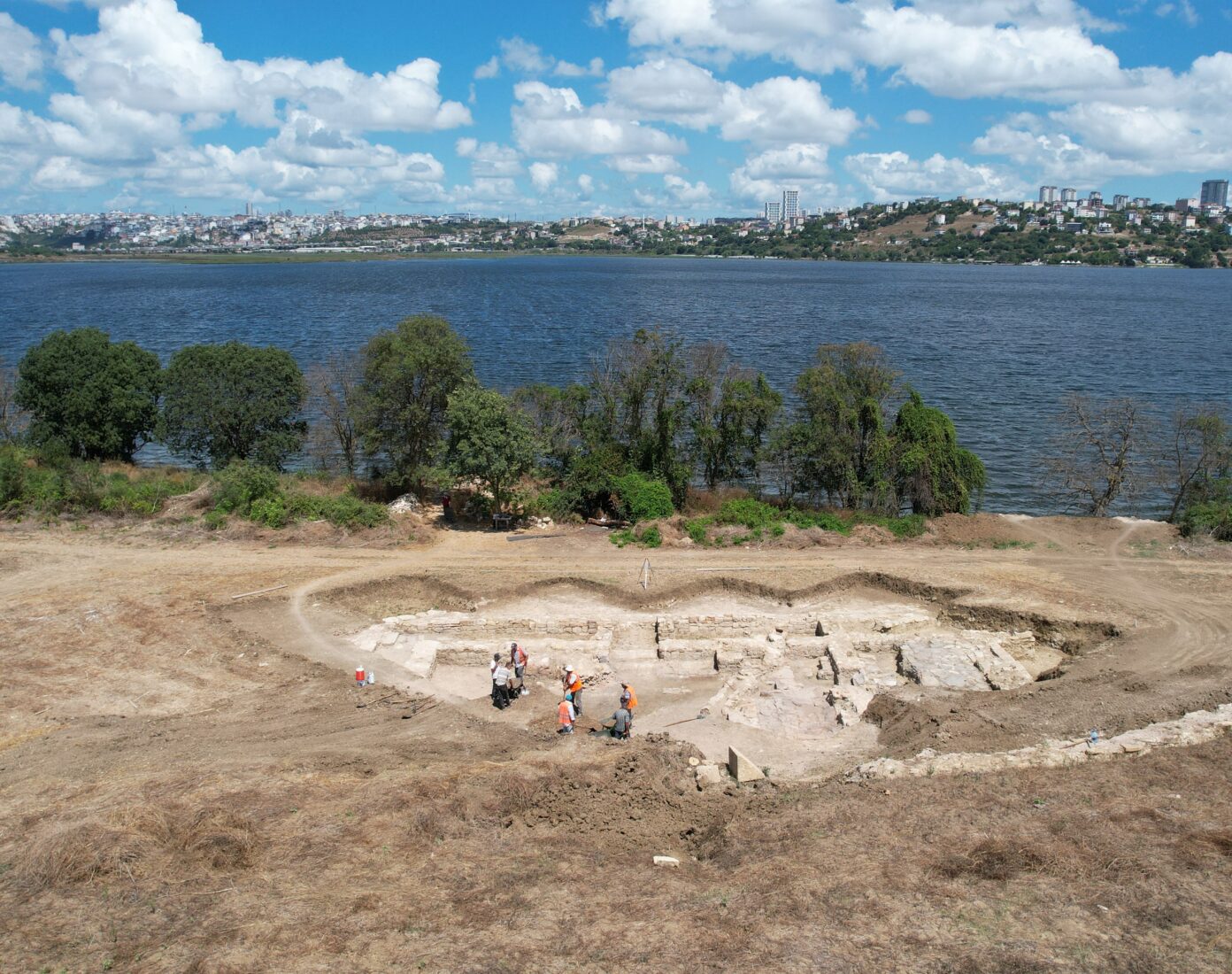
The true breakthrough in Bathonea came during the intensive excavations of 2011-2012, which unearthed not only harbor structures but also a vast open cistern and fortress remains believed to have been built by Emperor Constantine the Great (330 A.D.). Other discoveries included mosaic-covered structures, production centers, port buildings, underground water channels, and ancient roads.
Due to the 2009 survey results, esteemed publications like the American Journal of Archaeology, the U.K.'s Independent newspaper, and Heritage Key recognized Bathonea among the top ten most significant archaeological discoveries in the world.
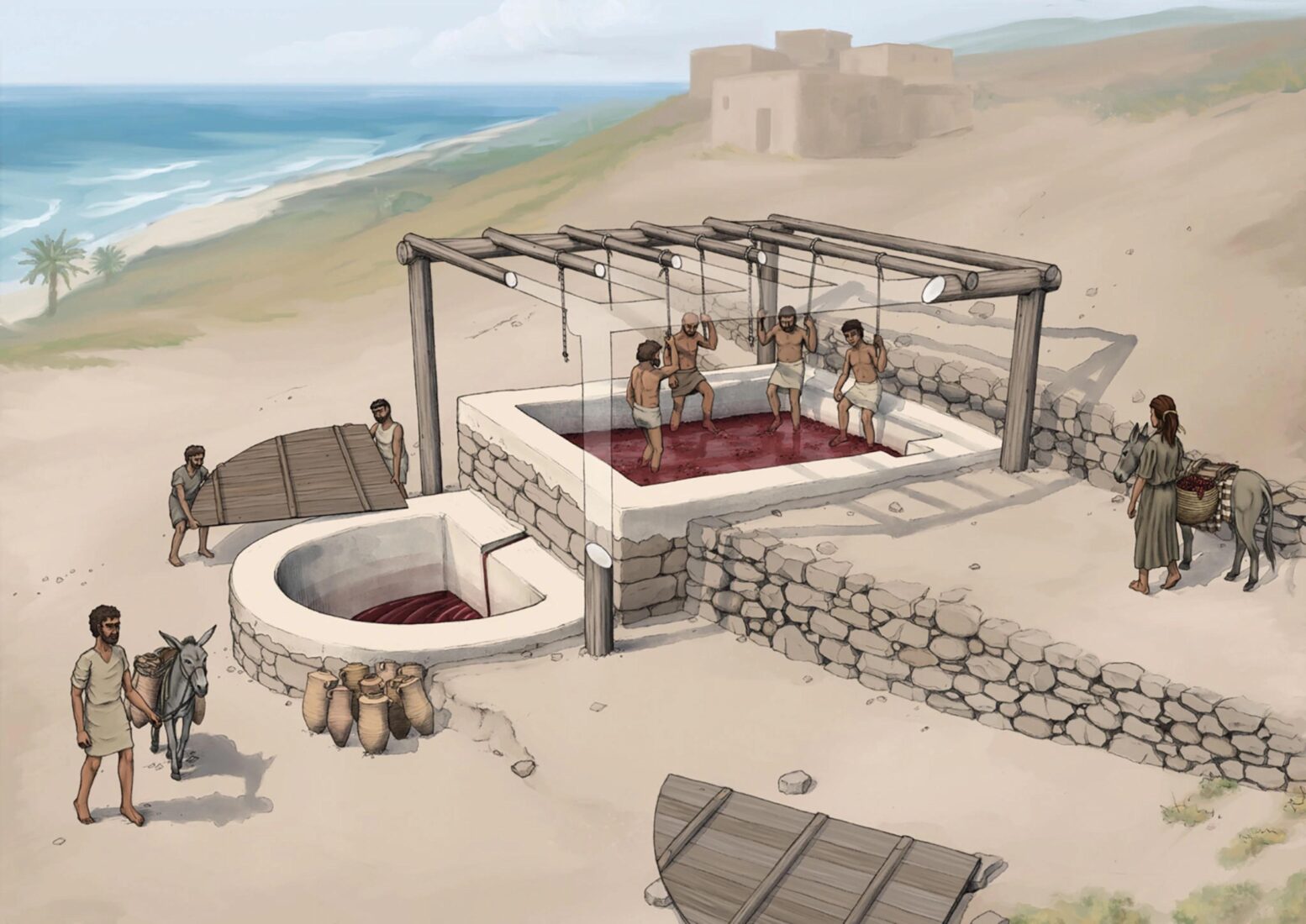
Archaeological studies within the ancient fortress have been conducted in three key areas. In the main hall, where wine or olive oil was produced, over 2,000 clay medicine bottles were also discovered, indicating that the site was repurposed as a medical center during different periods.
Initially built as a religious site, the structure later served as a medical hub, a glass and gemstone production facility, and ultimately, a winery. Artifacts found within the site, including ceramics and amphorae, trace a vast maritime trade network that spanned from the western to eastern Mediterranean, including regions such as Spain, Italy, Sicily, Morocco, Egypt, Lebanon, Phoenicia, Syria and the Aegean Islands, and even the Black Sea.
Aydingun emphasized Bathonea's role as a major harbor settlement, facilitating trade from the Black Sea to the Aegean and Mediterranean regions. She noted that there are significant gaps in the historical chronology of Istanbul and that their research has uncovered even older evidence that could help bridge these gaps.
"From a civilization standpoint, Istanbul has been a crucial intercontinental passageway," said Aydingun. "Until recently, the city's history was believed to begin in 667 B.C., when settlers from Megara, Argos, and Corinth arrived. However, findings from the last 25 years suggest a much earlier timeline."
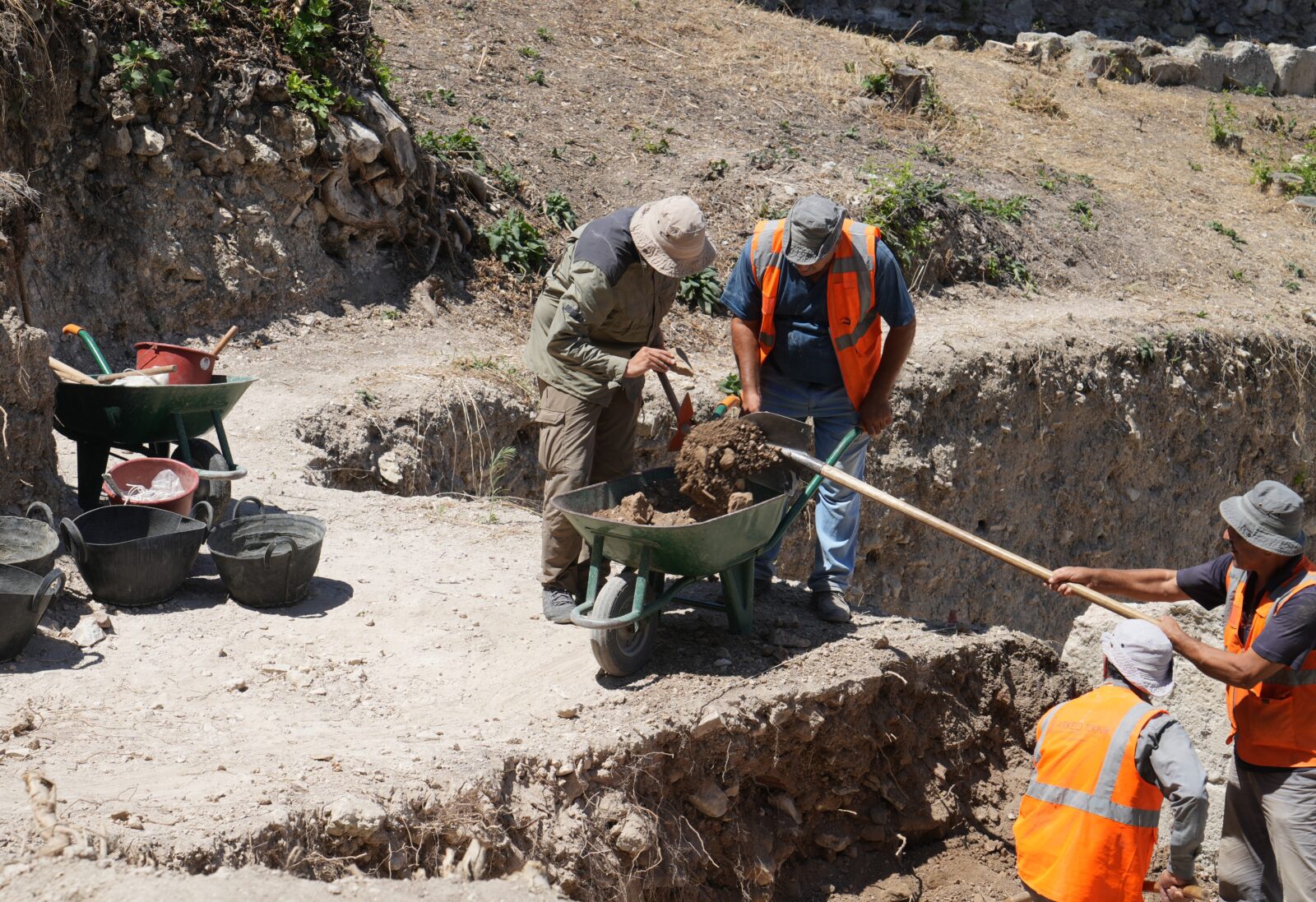
Despite intensive archaeological research around Istanbul, evidence covering the 4,000-year gap between 5500 B.C. and 667 B.C. has remained elusive. Especially during the second millennium B.C., when great Mediterranean and Aegean civilizations like Assyria, Hittite, Arzawa, Achaean-Mycenaean, and Egypt were expanding, no signs of life were found in or around Istanbul. Explaining this absence has been a major challenge for researchers.
In 2009, the Bathonea project was launched by the Ministry of Culture and Tourism and Kocaeli University, aiming to address these gaps and supplement previous studies with new findings.
This ambitious excavation project continues to shed light on one of the most mysterious periods in Istanbul’s ancient history, offering a deeper understanding of the city’s role as a cultural and trade center across millennia.